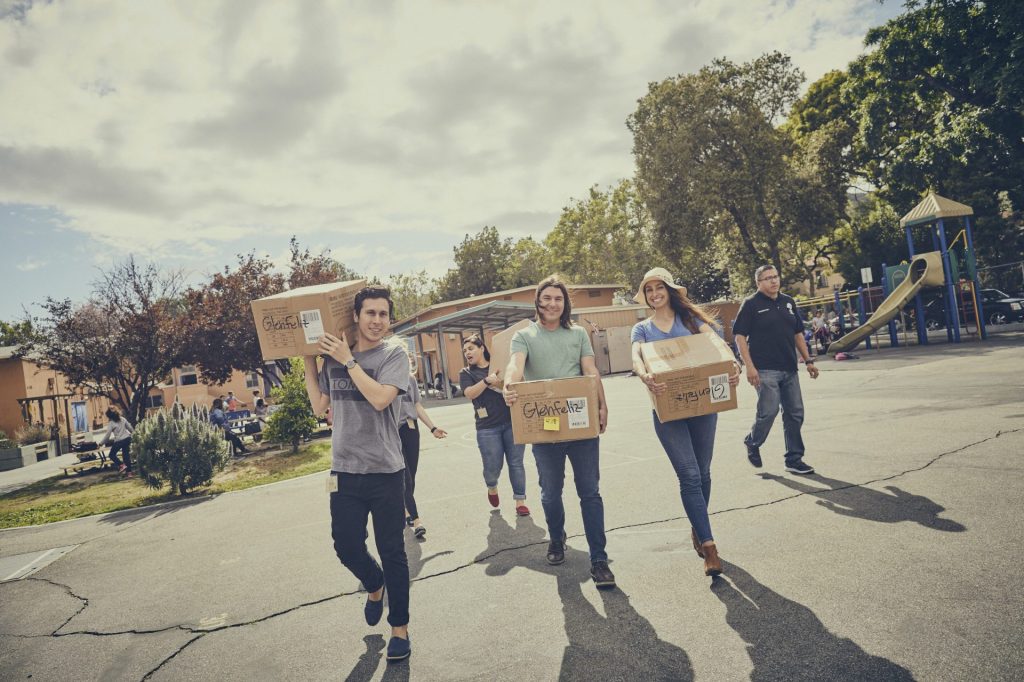Profits with a Purpose

Businesses that give back are on the rise. So are their earnings.
When entrepreneur Blake Mycoskie went on a trip to Argentina, he saw the hardships that kids without shoes endure. He decided to do something.
In 2006, he founded the company Toms Shoes. The business model was simple: For every pair of shoes that Toms sold, the company would give a new pair to a child in need. So far, the footwear company has donated more than 75 million pairs of shoes.
The number of companies with a do-good mission like that of Toms is growing fast. The key to their success is their social mission. A business person would call this a “purpose.” That purpose might be a commitment to help people or to protect the environment.
“The Number 1 trend we’ve seen over the last couple of years is a company’s focus on purpose,” says Daryl Brewster. He is the CEO of CECP, a partnership of 200 big companies. Their mission is to help companies develop their purpose and find success.
The Benefits of Giving
Companies that give back benefit in many ways. For one thing, they attract employees. Nearly two-thirds of people ages 18 to 34 say they would be more likely to work for a company that gave to charity, according to a 2016 Fortune magazine poll.
A company’s philanthropy also encourages employees to care more. CECP has found that people who work for charitable companies do community service on their own. In fact, their service has nearly doubled over the past eight years. Studies show that people who volunteer feel less stressed. Plus, volunteering builds professional skills.

NEW SHOES A volunteer helps a little girl try on her new pair of Toms shoes
MICKY WISWEDELPassion and Profits
Doing good in the world is good for company earnings, too. Brands that helped out the environment grew in sales more than four times as much from 2014 to 2015 as those that didn’t, shows a study by Nielsen. The study also shows that people are willing to pay more for products they feel good about.
Compassionate companies can also look forward to future gains. People who receive a company’s help may one day become customers. That’s what the prescription eyeglass company Essilor has found. Since 2007, it has donated 500,000 pairs of eyeglasses to people who couldn’t afford to buy them. Brewster says many people who have received free eyeglasses will buy a pair within the next few years. It’s a “wonderful return on investment,” he says. “[The company] created a whole new market.” —By Hayden Field








